What Are The Components Of SAP?
4.9 out of 5 based on 10270 votesLast updated on 10th Apr 2024 24.8K Views
- Bookmark

SAP comprises multiple components synergizing to deliver holistic solutions for diverse business functions.
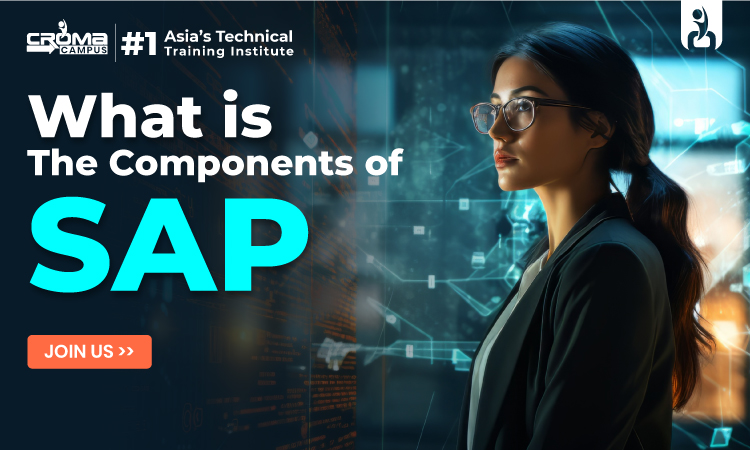
Introduction
SAP (Systems, Applications, and Products) stands as a cornerstone in enterprise resource planning (ERP) software. This platform empowers organizations to manage diverse business functions seamlessly. The SAP Courses Online aims to provide the best training facilities for aspiring SAP professionals. With its wide range of interconnected components, SAP facilitates everything from finance and supply chain management to customer relationship and human capital management.
This guide provides an overview of the key components that constitute SAP's robust ecosystem, driving efficiency and innovation in modern businesses.
Components Of SAP
SAP is a leading enterprise resource planning (ERP) software suite used by organizations worldwide to manage various business operations and processes. SAP consists of several components that work together to provide comprehensive solutions for different business functions. One can join a SAP training program to learn how to use the modules more effectively. The SAP Certification Cost is quite nominal and can be a great investment for tech enthusiasts.
Here's an in-depth look at the core components of SAP:
SAP ERP Central Component (ECC)
ECC is the core module of SAP, serving as the backbone of the entire system. Through the SAP FICO course, you’ll learn how it integrates various business processes such as finance, human resources, manufacturing, supply chain management, and customer relationship management into a single unified platform.
ECC modules include:
- Financial Accounting (FI)
- Controlling (CO)
- Sales and Distribution (SD)
- Material Management (MM)
- Production Planning (PP)
SAP Business Intelligence (BI)
SAP BI provides tools and functionalities for data warehousing, reporting, analytics, and decision-making. It enables organizations to collect, store, and analyze data from various sources to generate insights and support strategic decision-making processes.
The key components of SAP BI include:
- SAP Business Warehouse (BW)
- SAP Business Objects
- SAP HANA (an in-memory database platform)
- SAP Analytics Cloud
SAP Customer Relationship Management (CRM)
CRM module in SAP helps organizations manage customer interactions, sales, marketing, and service-related activities. Moreover, it allows companies to streamline customer engagement processes, track customer interactions, manage leads, and analyse customer data to enhance customer satisfaction and loyalty.
SAP Supply Chain Management (SCM)
SCM module facilitates the optimization of supply chain processes such as procurement, production planning, inventory management, and logistics. Furthermore, it enables businesses to manage their supply chain activities efficiently, reduce costs, improve product availability, and respond quickly to market demands. Aspiring SAP professionals can join the SAP Courses Online to learn using this SAP module.
SAP Supplier Relationship Management (SRM)
SRM module focuses on managing relationships with suppliers and optimizing procurement processes. It helps organizations collaborate with suppliers, negotiate contracts, monitor supplier performance, and streamline procurement workflows to ensure timely and cost-effective sourcing of goods and services.
Also Read This Posts:
SAP Product Lifecycle Management (PLM)
SAP PLM module enables companies to manage the entire lifecycle of a product, from conceptualization and design to manufacturing, maintenance, and disposal. It provides tools for product data management, collaboration, version control, and compliance management. This ensures product quality, innovation, and regulatory compliance.
SAP Enterprise Asset Management (EAM)
The SAP EAM module helps organizations manage their physical assets effectively throughout their lifecycle. It includes functionalities for asset maintenance, repair, and inspection. Additionally, it includes resource scheduling, spare parts management, and asset tracking. EAM helps improve asset reliability, minimize downtime, and optimize maintenance costs.
SAP Human Capital Management (HCM)
The HCM module in SAP provides tools for managing HR processes such as payroll, recruitment, performance management, talent development, and workforce planning. Furthermore, it helps organizations attract, develop, and retain talent, optimize workforce productivity, and ensure compliance with labour regulations.
SAP Financial Supply Chain Management (FSCM)
SAP FSCM module focuses on optimizing financial processes and managing financial risks throughout the supply chain. It includes functionalities for credit management, collections management, dispute management, and cash flow. Moreover this modules uses forecasting to improve liquidity, reduce credit risks, and enhance financial visibility.
SAP Governance, Risk, and Compliance (GRC)
The GRC module in SAP helps organizations manage risks, ensure regulatory compliance, and maintain good governance practices across various business processes. It includes functionalities for risk management, compliance management, access control, and audit management. These components are used to mitigate risks and ensure adherence to legal and regulatory requirements.
In addition to these core components, SAP offers various industry-specific solutions and add-on modules to meet the unique needs of different industries and business sectors. Overall, SAP provides a comprehensive suite of integrated software solutions to help organizations streamline their business operations, drive innovation, and achieve their strategic objectives.
If you are looking for SAP Course in Delhi , visit Croma Campus
Conclusion
In conclusion, SAP's comprehensive suite of software components offers organizations the tools they need to streamline operations. This ultimately enhances decision-making and helps organizations achieve strategic objectives. With SAP modules covering everything from ERP and BI to CRM and SCM, SAP remains a trusted solution for businesses worldwide.
Subscribe For Free Demo
Free Demo for Corporate & Online Trainings.
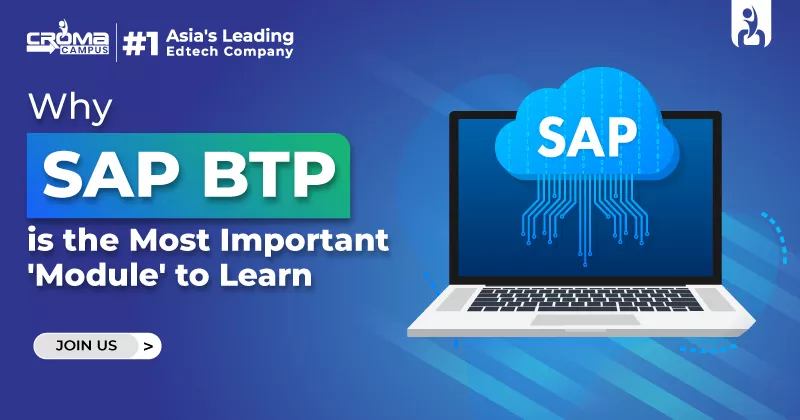
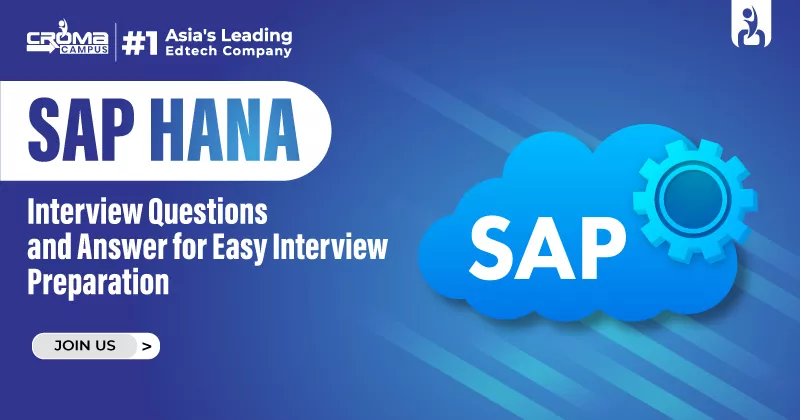
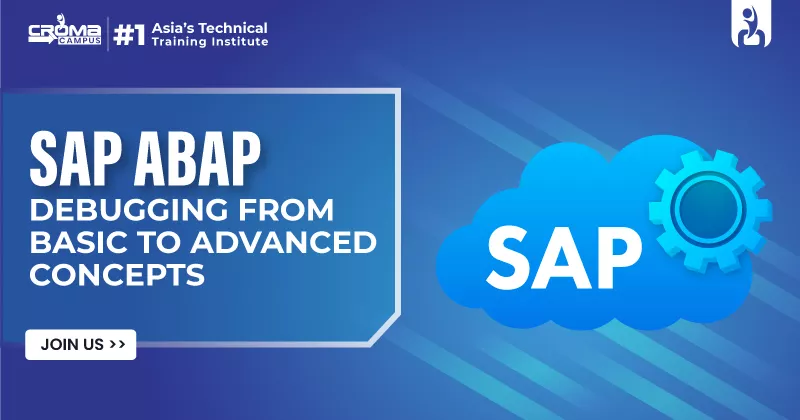
.webp)


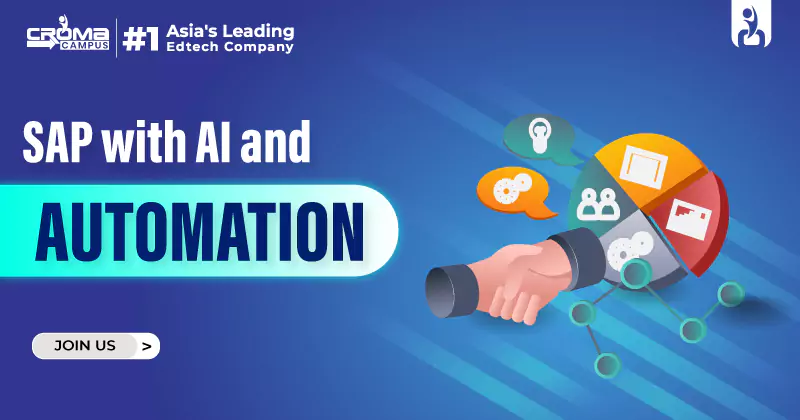
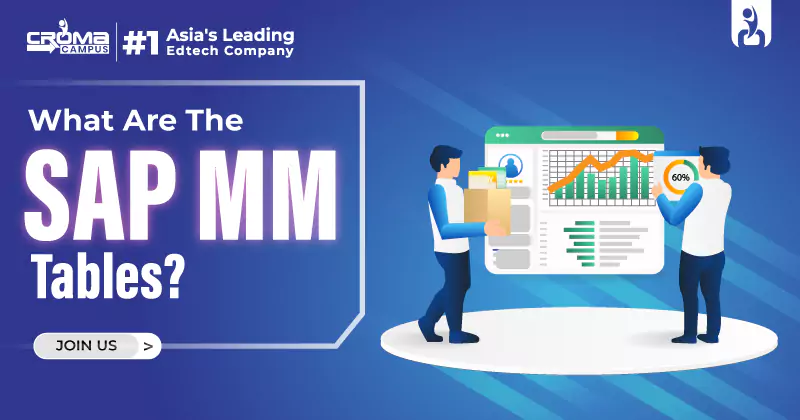
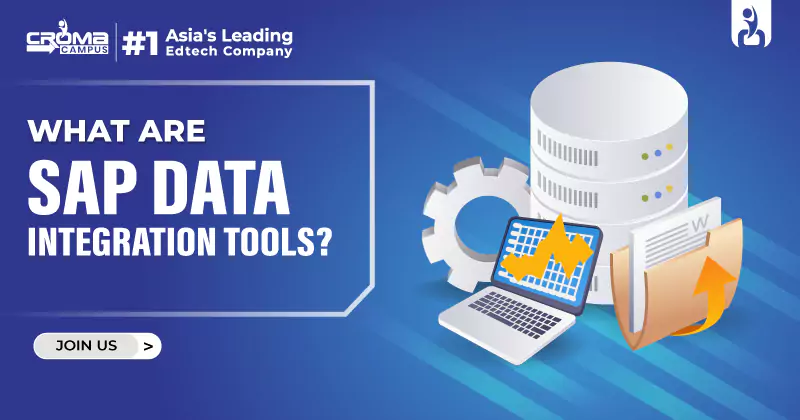
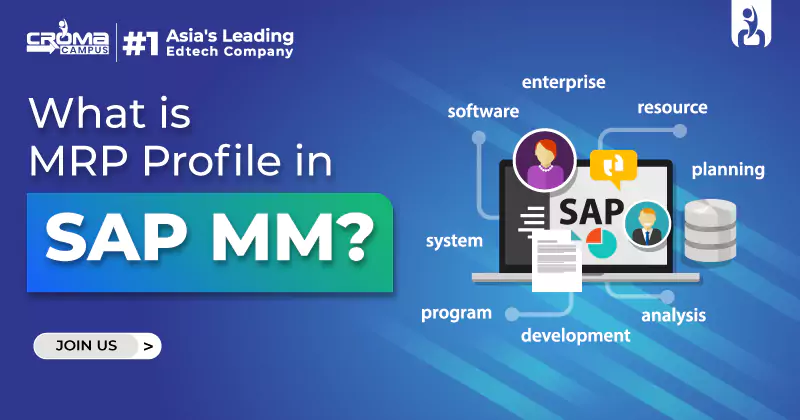
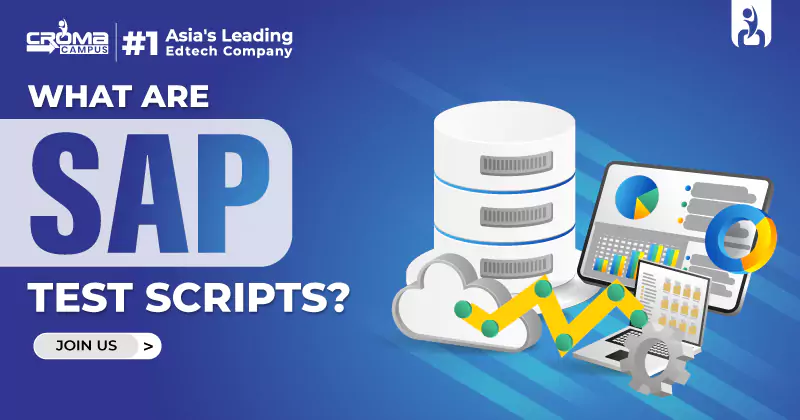
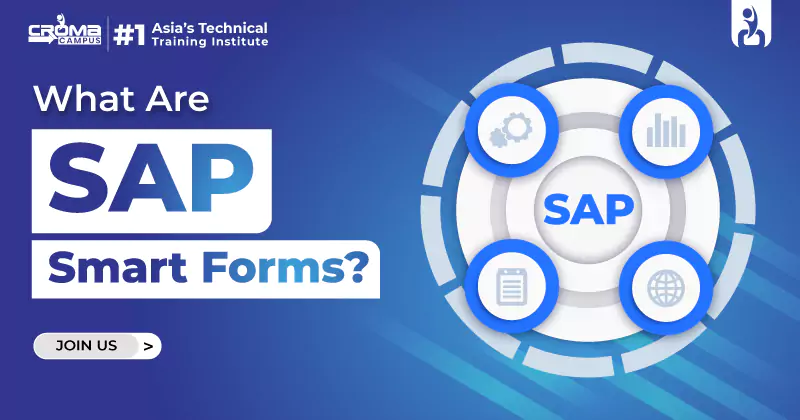













.webp)
.webp)

.png)















